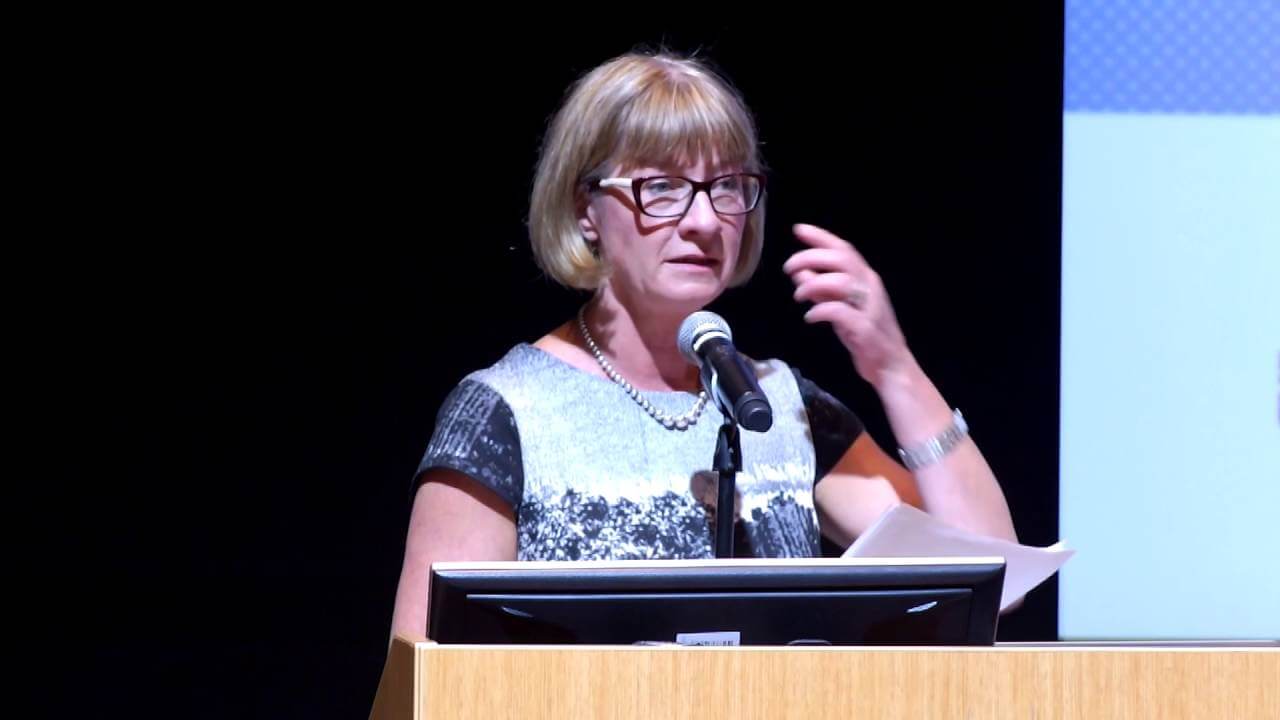
"Criminalization, at all levels, prevents us from protecting the health of our communities," he told reporters. Ken Monteith, executive director of a network of AIDS organizations in Quebec called COCQ-SIDA, said the federal government also needs to address the criminalization of non-disclosure of HIV status and sex work as well as the war on drugs, which can make prevention more difficult. He said an estimated 17,000 people in Canada have HIV but don't know their status. Communities affected by HIV continue to face stigma and discrimination that put us at an elevated risk of HIV infection and acts as a barrier to testing treatment and care," he said, adding that access to prevention tools, like pre-exposure prophylaxis, is inconsistent across Canada.

Jollimore said that while helping ensure people know their HIV status is one of the most important actions the government can take – in part because treatment can prevent people from passing the disease to their partners – more action is needed. His organization is part of a coalition of community groups that has been calling on Ottawa to increase funding for addressing HIV from around $73 million a year, to $100 million a year. "Obviously, this was not what we were hoping for," Jollimore told reporters at the same news conference. Jody Jollimore, executive director of the Community-Based Research Centre, a Vancouver-based organization that advocates for the health of people of diverse sexualities, said the announcement is a good first step. He said access to testing – and the treatment it enables – is more difficult in some communities, including Indigenous and racialized communities.

Removing barriers is the key to ending the AIDS pandemic," Duclos told reporters.

Providing individuals with access to testing, treatment and care can help reverse this trend. "We know that HIV is preventable, yet the rates of HIV infections remain high in Canada and in other countries.


 0 kommentar(er)
0 kommentar(er)
